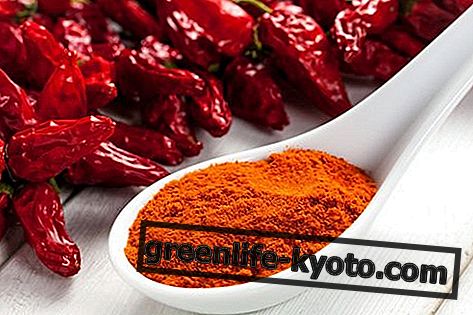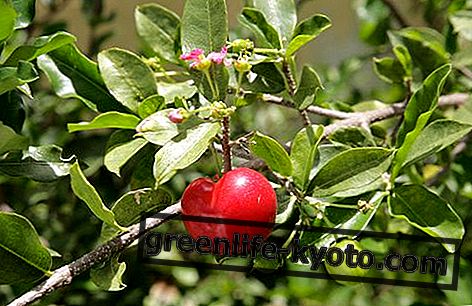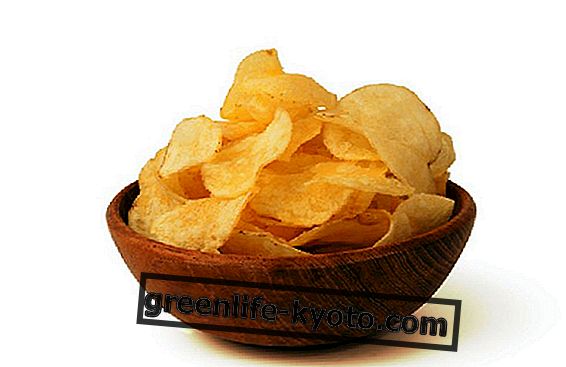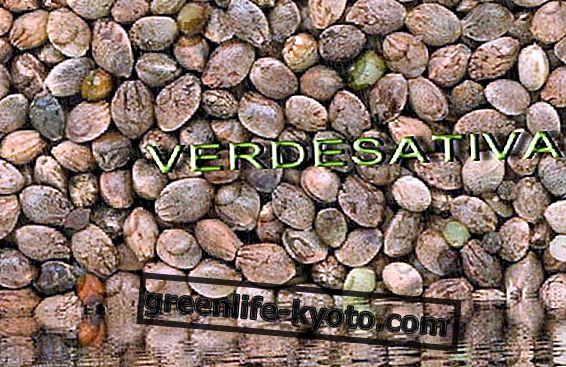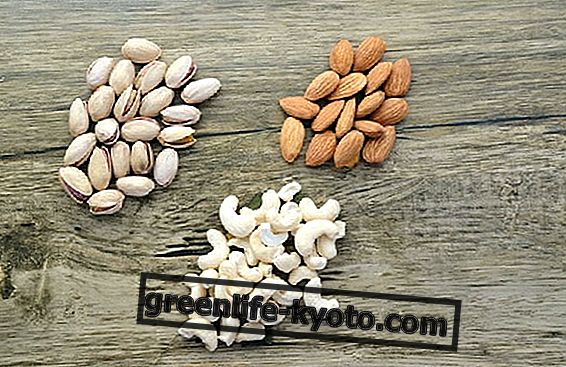
Liquorice liqueur can be prepared at home in a very simple way. Consumed moderately after dinner, liquorice liqueur is an excellent digestive that can also be consumed cold during the summer months.
Those who love licorice will certainly love this liqueur too.
Ingredients
> 200 g of pure liquorice
> 500 g of cane sugar
> 600 mL of water
> 400 mL of food alcohol at 95 degrees
Method
Heat the water in a pot without bringing it to a boil and add the flaky licorice, which you will find in herbal medicine. Keep the flame low and stir constantly until all the licorice is melted, being careful not to let the licorice stick to the bottom.
Add the sugar and when it has melted, turn off the heat and let it cool. Add the alcohol, mix well and strain with a sieve. Bottled with a funnel in clean, dry bottles.
You can taste the liqueur immediately or, even better, let it rest in a cool place for a month.
To consume it during the summer months, before serving, keep the bottle in the refrigerator for a few hours: a small glass after dinner favors digestion .
How to grow licorice at home
Licorice: properties, benefits and contraindications
Licorice, botanical name Glycyrrhiza glabra L., is a perennial herbaceous plant belonging to the Fabaceae family. The licorice roots are the drug of this plant and contain starch, sucrose, glycose, coumarins, flavoniodes and triterpene saponosides; the latter seem to be responsible for the pharmacological action of licorice .
The main saponoside is glycyrrhizin, the active ingredient present in liquorice from 3 to 5% of dry weight. In vitro glycyrrhizin has shown an antiviral, antibacterial, healing and immunostimulant action . Licorice also has effects against gastric ulcer and has an anti-inflammatory action.
The use of licorice dates back to ancient times: traditionally it has always been used to calm the cough, soothe inflammation of the mouth and throat, relieve skin irritations and treat ulcers ; still today the licorice extract is used for the treatment of gastritis, gastric ulcer and duodenal ulcer.
However, it is not necessary to exceed the consumption of licorice and extracts of this plant because excessive intake involves hypertension, edema and hypokalemia caused by glycyrrhetinic acid which causes water retention and sodium, an increase in potassium excretion and a decrease in urine .
